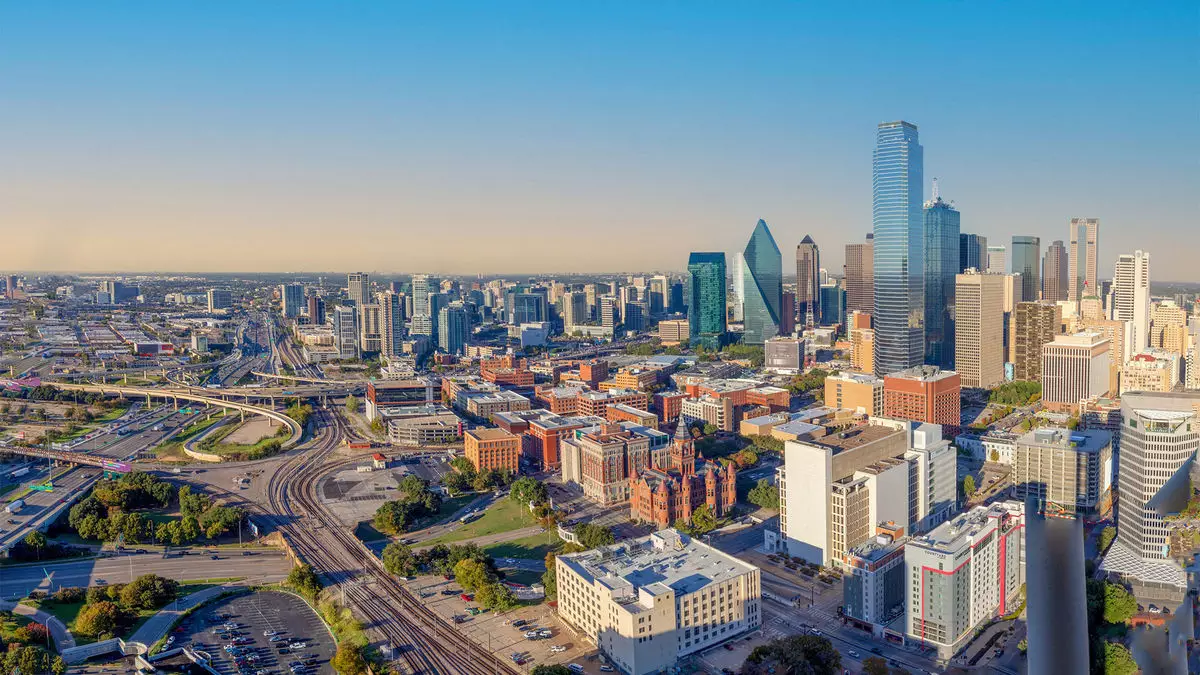The hospitality industry in the United States is currently witnessing an unprecedented surge in hotel development, as highlighted by the latest report from Lodging Econometrics. During the third quarter, the total number of planned hotel projects reached a striking 6,200, marking a 9% increase compared to the previous year. This surge is not just a numeric advantage but speaks volumes about the resilience and potential growth of the hotel sector amidst fluctuating economic scenarios. Collectively, these projects promise an impressive addition of over 722,800 guest rooms, indicating a robust appetite for new accommodations in various regions.
Notably, Dallas has emerged as a frontrunner in hotel development, maintaining its position as the city with the highest number of projects in the pipeline. With a staggering 194 hotels accounting for more than 22,800 rooms currently in the works, Dallas has secured its dominance since mid-2021, a shift that has overthrown New York from its historical lead. The Texan city’s continued expansion reflects its growing significance as a business and leisure hub, driven by a thriving economy that fosters substantial investment in the hospitality sector.
As of late September, the pace of construction has also seen a notable rise. With 1,185 hotel projects underway, representing over 148,700 rooms, these figures illustrate an 11% increase in the number of projects and a 6% surge in room availability year over year. Furthermore, expectations for the upcoming year are equally promising; more than 2,200 new projects, which equate to approximately 322,300 rooms, are slated to commence construction within the next 12 months. This indicates a thriving pipeline that signifies confidence among investors and developers regarding the hospitality sector’s long-term viability.
The landscape of hotel development also reveals some intriguing segment trends. Upscale and upper midscale hotels account for around 60% of the total pipeline, underscoring a preference for quality and premium offerings in the market. Interestingly, midscale projects are witnessing a notable upswing too, with development in this category increasing by 19% and room availability by 16%. This trend suggests that while higher-end accommodations are pivotal, there remains a strong market for more affordable yet quality options that cater to diverse traveler demographics.
In the competitive race for hospitality development, Atlanta has secured the second spot, showcasing 166 projects nearing completion, which represent nearly 19,200 additional rooms. Following on Atlanta’s heels, Nashville holds its ground with 130 properties in the pipeline and around 17,000 rooms expected. The growing competition among these cities not only stimulates local economies but also fosters innovation within the hospitality industry, as they strive to attract both business and leisure tourists.
The third quarter of this year showcases a critical and transformative era for the U.S. hotel sector, underpinned by ambitious development plans, increasing construction activity, and a poised market. As cities like Dallas, Atlanta, and Nashville continue to grow their hotel portfolios, the implications for the broader economy and travel landscape remain significant, promising exciting times ahead for the hospitality industry.

